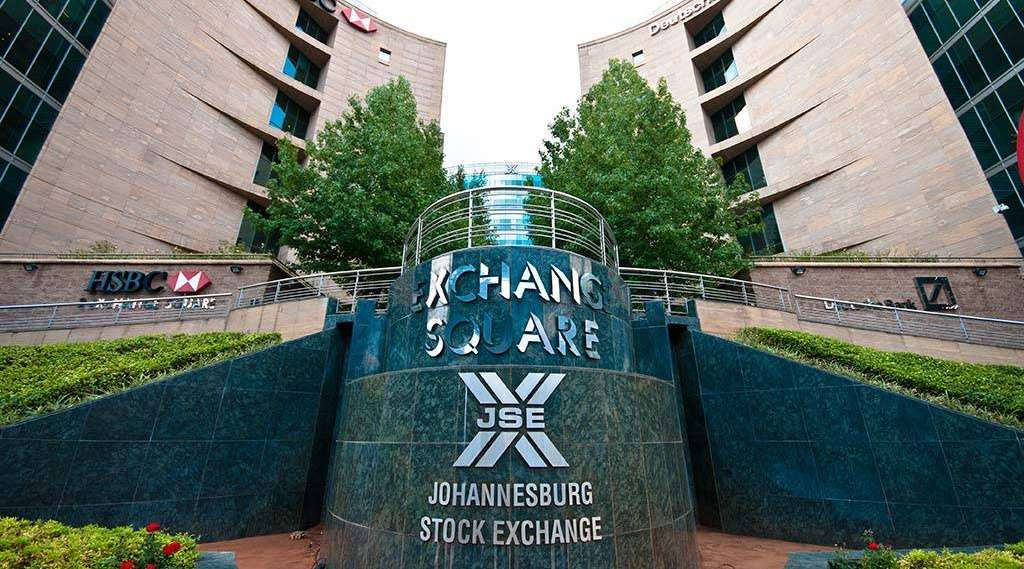The number of listed companies listed on the Johannesburg Stock Exchange (JSE), Africa's largest stock exchange, is shrinking, with hundreds of companies having delisted over the decades.
Experts argue that this issue is creating a growing concern for local investors and asset managers, raising questions about the long-term sustainability and efficiency of South Africa's capital markets.
According to data presented by Alyssa Viljoen, an equity analyst at Merchant West Investments, 20 years ago, the JSE had around 450 companies listed. However, as of the end of 2024, this number has dropped to around 300 companies listed.
This coincides with previous comments from Adriaan Pask, Chief Investment Officer at PSG Wealth, who highlighted that the number of listings on the JSE has declined by more than half since the 1990s.
He noted that, in the 1990s, there were approximately 850 listings. By 2012, that number had already fallen to around 400.
Pask noted that many of the JSE's largest remaining companies are now dual-listed on international stock exchanges such as those in London and New York.
This dual-listing trend allows companies to access cheaper finance abroad but also reduces the "free float", the amount of stock available for local investors to trade, on the JSE itself.
At present, the JSE's total market capitalisation stands at R20.9 trillion. Just five companies, Prosus, BHP Group, AB InBev, British American Tobacco and Richemont, account for half of this value, or R10.7 trillion.
Expand the scope to the top 20 companies, and they make up a staggering 80% (R16 trillion) of the entire market.
Liquidity is also a growing concern. According to Viljoen, trading activity is increasingly focused on a small number of large companies.
He highlighted that in 2023, the Top 40 companies on the JSE accounted for 83% of the average daily traded volume, around R19.2 billion out of R23 billion.
Small and micro-cap companies, which make up about 70% of all listings by number, only traded R334 million a day, or about 2% of the total.
"In effect, most of the liquidity on the JSE sits in large caps, while the bulk of listed companies see very little trading activity," said Viljoen.
This poses a problem for large fund managers, especially those handling hundreds of billions of rands.
If large fund managers try to invest even small amounts in illiquid stocks, they can push prices around or struggle to sell later.
"Trying to buy or sell even a small percentage of one of these smaller companies can trigger big price swings and make it very difficult to exit later," Viljoen said.
Because of this, many managers avoid small caps or hold very small positions that don't meaningfully affect their portfolios.
The fall in listings is also tied to the costs and demands of being a listed company. Pask said that high compliance, legal, and reporting costs are pushing many businesses to delist or avoid listing in the first place.
"This decline is attributed to several factors such as significant costs associated with compliance, reporting, legal and administrative requirements," he said.
"While the JSE's world-class regulatory environment ensures investor safety, overregulation can make the market unattractive to businesses."
Being listed also puts pressure on delivering short-term results, which can clash with long-term business goals. "The JSE has been struggling, and it's not the most obvious place for businesses to seek funding," said Pask.
For investors, all of this adds up to fewer choices, more risk, and limited opportunities to outperform the market.
"Portfolios have become more concentrated in a few large stocks, which increases single stock risk," said Viljoen.
"Active managers have fewer opportunities to outperform because there are simply fewer stocks where they can take meaningful active positions."
As a result, many fund managers are turning to offshore markets, not just for better returns, but because the local market no longer offers enough variety or liquidity.
"Many funds diversify offshore, but allocations may partly reflect domestic-market liquidity constraints rather than solely a relative-return view between SA and global markets," Viljoen said.
She added that unless changes are made to encourage more listings and improve local liquidity, the JSE will likely remain heavily concentrated, with fewer opportunities for investors and companies.
- businesstech
 OK Zimbabwe posts US$17,8 million loss
OK Zimbabwe posts US$17,8 million loss  Hichilema meets Chivayo
Hichilema meets Chivayo  Millions celebrate Diwali festival in India
Millions celebrate Diwali festival in India  Econet Zimbabwe to delist from ZSE
Econet Zimbabwe to delist from ZSE  Gold edges up as traders await guidance
Gold edges up as traders await guidance  Mnangagwa fires Chitando, appoints Polite Kambamura
Mnangagwa fires Chitando, appoints Polite Kambamura  Young Investment Professional (YIP) Graduate Programme 2019
Young Investment Professional (YIP) Graduate Programme 2019 











 Young Investment Professional (YIP) Graduate Programme 2019
Young Investment Professional (YIP) Graduate Programme 2019
Editor's Pick